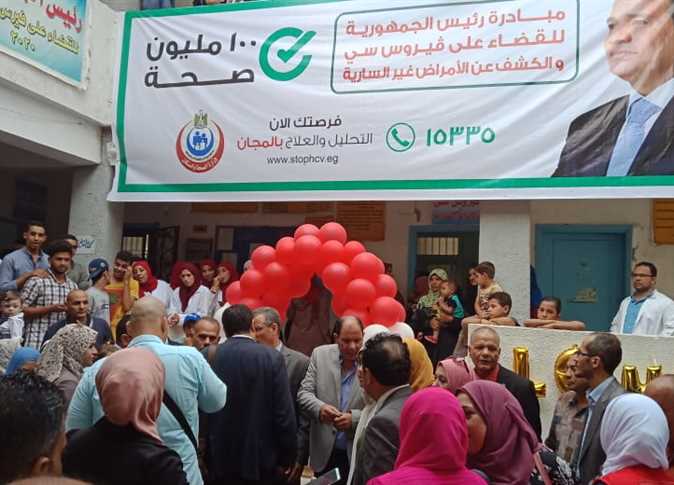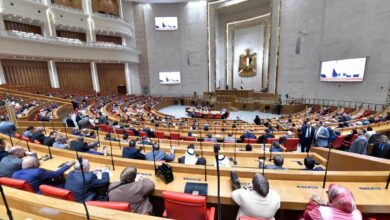
A TV host at the MBC Masr channel, Yasmeen Ezz, asked me which of the ministries that I had anticipated would change in the recent cabinet reshuffle did not change at all.
I immediately answered: the Ministry of Health!
While answering the question on the “Hadith al-Masaa” show, I said that had the decision-makers seen that Health Minister Hala Zayed deserved a second chance, then this is their constitutional right, no doubt.
But it is also the right of the people to see the ministry change its performance, even if the minister stays the same.
To put it clearly, this change can come in the way they work, the way they deal with the ministry’s issues, and how they handle patient issues; these matter more than changing the minister. A change there is required all the time, and it remains and lasts with the practical outcomes directly reaching the citizens!
No one can deny that Zayed is following the comprehensive health insurance program with apparent seriousness. She heads to Port Said (northern Egypt) where the program begins, then travels to Luxor in southern Upper Egypt and later South Sinai (eastern Egypt) in no time!
She must be credited for this effort, as well as her efforts in the “100 million healthy lives” initiative – which seeks to declare Egypt free of Hepatitis C by the next year!
The problem is, the ministry is broader than just these two accomplishments. The minister hardly sees other programs and initiatives despite their importance, and how millions benefit from them and in the future!
It’s fortunate that the president gives these two projects personal attention, and that he doesn’t stop following new ways of making them achieve their ultimate goal!
Presidential impetus, it can be said, is sufficient enough to accomplish these projects in due form, and so the minister should give more attention to other projects – such as doctor retention, which was raised during the previous period and still remains an issue.
There is also the issue of public hospitals and the extent to which they are ready to receive poor patients; the issue of young doctors complaining about a host of problems standing in their way; and the lack of public spending on health, determined by the constitution as a percentage of the gross national product and bent to the government!
And still, there are many other issues. If we look to an expanded investigative report published by al-Akhbar newspaper a few weeks ago, we find that while it monitored good performance in two issues: health insurance and Hepatitis C, it detected poor performance in seven other areas, mentioned one after the other!
The citizens are waiting for a change in the ministry’s performance, as the minister hasn’t changed!




